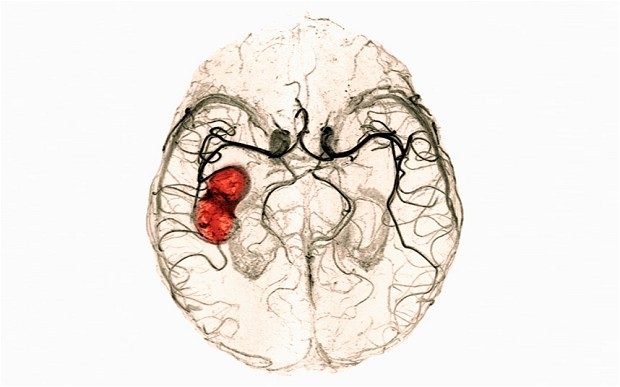
Well organised stroke care can improve patient outcome
Global studies suggesting that well-organised stroke care can improve patient outcomes are relevant to China.
Professor Craig Anderson, Director of Neurological and Mental Health Division of The George Institute for Global Health and Professor of The University of Sydney, introduced evidence-based care of stroke patients at 2014 Tiantan International Stroke Conference held in Beijing from June 27-29, 2014 and was interviewed with International Circulation, a prominent Chinese publication.
“There is more to study beyond drug treatment or surgical treatment related to the care of the patients who have had a stroke,” said Professor Anderson.
“Oxygen is routinely used when a stroke patient comes to emergency department. However large study from the United Kingdom observed no effect on the outcome, which led us to launch another trial to see if other aspects of patient care, for example, the differences in head position, can impact positively on stroke survival and disability.”
Professor Anderson also emphasised that findings from the INTERACT-2 study (Intensive Blood Pressure Reduction in Acute Cerebral Haemorrhage Trial 2) showed aggressively lowering blood pressure as early as possible after stroke could provide the best outcomes for the patient.
“What we emphasis in the study is that there is no harm in this intervention. We looked very carefully for any serious adverse events in the patients. The treatment was very well tolerated and there was a positive effect on outcome. We believe that the data is fairly robust in indicating modest but positive treatment effects on hematoma and edema,” Professor Anderson said.
To read the full text of the interview, please click here


